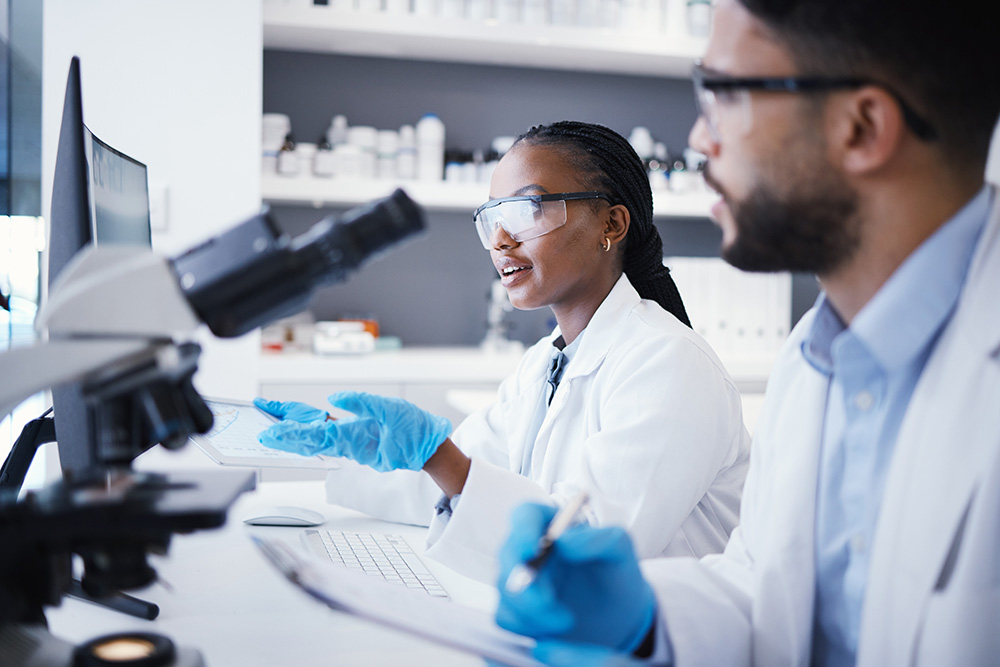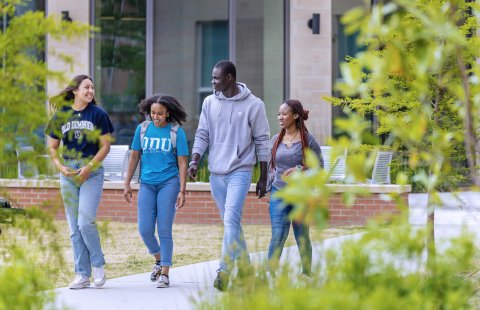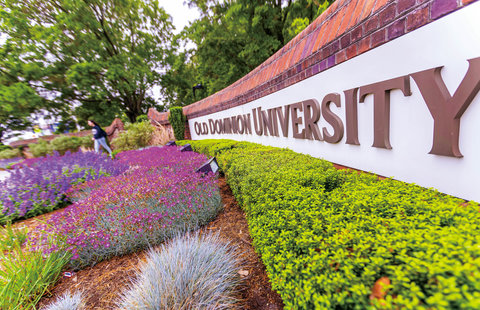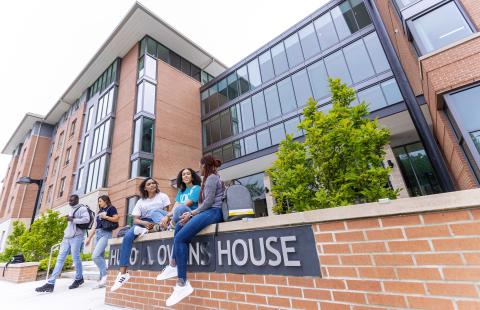The School of Medical Diagnostic and Translational Sciences offers a program in Cytology through the Bachelor of Science in Medical Laboratory Sciences. The program offers a first and second degree option, as well as a post-baccalaureate certificate option. Cytologists are specially trained medical laboratory professionals who work with pathologists in detecting changes in cell samples from numerous body sites which allows the early diagnosis of cancer. They are also trained in specimen preparation, molecular, FISH, flow cytometry techniques, and fine needle aspiration cytology.
Program Highlights
-
A small program with one-on-one instruction
-
Opportunities to be on the cutting edge of cancer diagnosis and research
-
One of only 18 programs in the nation and the only program in Virginia
-
100% job placement
-
Fully accredited by the CAAHEP(Commission of Allied Health Educational Programs)
Careers
Check out these ideas from ODU's Center for Career & Leadership Development and the Occupational Information Network (O*NET). A median salary is a midpoint of what people typically earn—half of those surveyed earned above the median salary, and half earned below.
Cytologists CT(ASCP) Certified Cytologists
Detects infectious, precancerous, and cancerous conditions through microscopic observation. Cytologists prepare and stain cytology specimens, and assist the pathologists with fine needle aspiration procedures.
Clinical Research Coordinators
Plan, direct, or coordinate clinical research projects. Direct the activities of workers engaged in clinical research projects to ensure compliance with protocols and overall clinical objectives. May evaluate and analyze clinical data.
Requirements
What are the requirements to apply for Cytology at ODU? Students entering the undergraduate (First or Second degree) program in Cytology should meet the minimum university admission requirements Undergraduate Admission. Post-graduate certificate students must have a bachelor’s degree including 20 hours of biology, 8 hours of chemistry and 3 hours of math.
-
- Completed program application form with goals statement.
- Official transcripts from all universities and colleges attended.
- Biology and chemistry cumulative grade point average of 3.0 or above
- Accreditation requirements: 20 hours of biology, 8 hours of chemistry, 3 of math, prior to entering the program
- Three letters of recommendation - forms provided with application.
- Formal interview after initial pre-screening by program officials.
-
Technical Standards Required:
- Dexterity: Ability to use hand(s) or prosthetic devices with coordination.
- Motor: Ability to manipulate small objects with fingertips or adaptive devices.
- Ability to distinguish red, yellow, and blue colors; distinguish clear from cloudy; and distinguish objects through a microscope.
- Ability to sit and concentrate visually for prolonged periods.
- Ability to communicate effectively in the written form in English.
- Ability to read, understand, and follow directions printed in English.
For Admission to the Cytology (B.S.M.L.S) Program
Transfer
At ODU, we understand that as a transfer student you have unique needs that require a wide array of campus resources. The Center for Advising Administration and Academic Partnerships aims to create a transfer inclusive culture that supports the successful...
Featured Courses
Cost
Estimated rates for the 2024-25 academic year. Rates are subject to change. Anyone that is not a current Virginia resident will be charged non-resident rates. That includes international students.
Ways to Save
Here are a few ways for you to save on the cost of attending ODU. For more information visit University Student Financial Aid.
Contact







